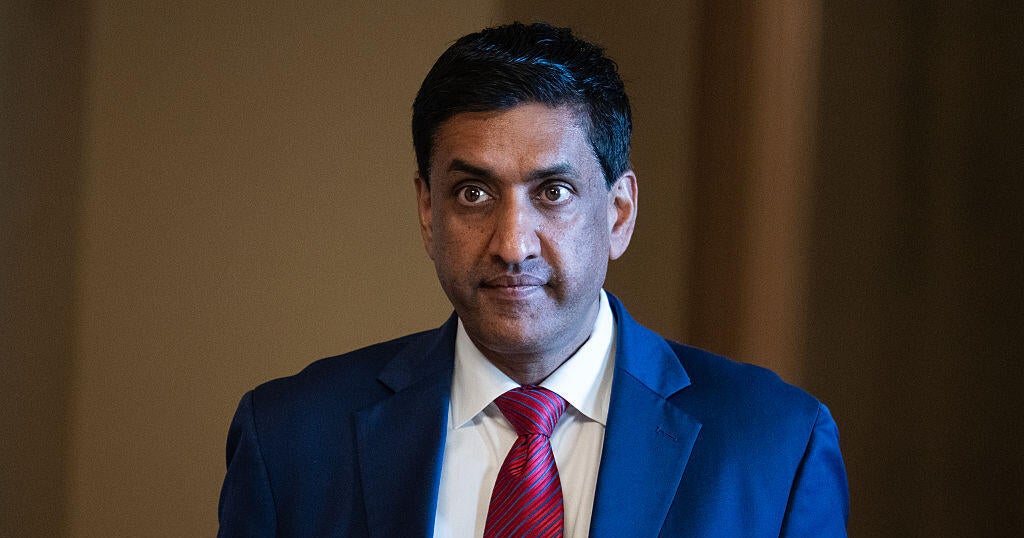My boss bullied me, but HR sided with them. What can I do?
Opinion
October 17, 2025 — 5.08am
October 17, 2025 — 5.08am
I recently made a complaint to HR about being bullied by my manager in the form of being set up to fail. I am in a same-sex relationship, and they also made insulting remarks about this. After I asked them to stop, they gave me a poor performance review.
When I approached HR, they were initially praising me for having the courage to speak up and for providing them with so much written evidence. They also said that they would investigate the matter. At the end of the investigation, I was called into a meeting. The HR person said the homophobic comments could not be substantiated as they were made in private, before commenting to the effect that the idea of me being set up to fail was all in my head and that the performance review was valid. Another manager in the meeting blamed me for having the audacity to put my manager’s job on the line.
Why is it with all the whistleblower protection and anti-victimisation laws in place that HR continues to protect the employer at the victim’s expense, even when being presented with written evidence?

If the organisation has good processes, their managers should be educated about appropriate workplace behaviours.Credit: John Shakespeare
The term your manager used to refer to your relationship is disgraceful and would lead to severe disciplinary action in any organisation remotely serious about discrimination, bullying and basic decency. I was shocked when I read it, so I can only imagine how distressing it would have been for you.
I asked Dr John Molineux, a senior lecturer in human resource management at Deakin Business School, about your question. He said he thought the complaint you made should have been resolved without the HR team conflating it with performance.
“If a person feels bullied or [that] unwanted comments have been made relating to their sexual preference, it is important to treat the matter seriously and try and resolve it,” he says.
‘I believe the issue could have been resolved by the organisation through some form of mediation.’
Dr John Molineux, a Senior Lecturer in Human Resource Management at Deakin Business School“First, it is important to hear the complainant’s story and see any evidence. Second, it is important to know what the complainant wants as an outcome – for example, could it be as simple as an apology and a commitment for it not to happen again?
“Third, the manager who made the comments may not be aware that the comments were potentially offensive or may have caused offence, even though the individual asked for the comments to stop.”
I should mention at this point that I didn’t pass on to Molineux the specific terms your manager used. (My own opinion is that if these words didn’t strike your manager as offensive, they aren’t fit to be in a management position.)
Loading
“If the organisation has good processes, their managers should be educated about appropriate workplace behaviours. Sometimes when faced with complaints, managers can become defensive or even offensive, and this is not helpful in resolving the issue. HR should be quite objective during this process to try and help resolve cases like this informally.”
Molineux said that it wasn’t clear from your question whether the performance review was arranged because you asked the manager to stop or was a previously scheduled discussion.
“In any case, performance discussions should always be made based on evidence. What were the performance outcomes that were agreed to at the start of the performance review period compared to the outcomes that are in progress or were delivered by the individual? Has the individual complied with agreed behaviours or codes of conduct? Are there any issues, resources, training or barriers that have prevented the individual achieving the agreed outcomes?
“Manager feedback should not be a surprise to an individual at a performance review. If things are not going well, [managers should] get on to it straight away and don’t wait until the review discussion.”
As for the comments of the second manager, who blamed you for putting your boss’s “job on the line”, Molineux said they weren’t helpful, and suggested you may have the right to lodge a complaint under the Equal Opportunity Act.
“However, I also believe that the whistleblower protections are not relevant in this situation. If the [reader] believes they have been victimised, then they can take a complaint to the Victorian Equal Opportunity and Human Rights Commission.
“Ideally, I believe the issue could have been resolved by the organisation through some form of mediation – informally within the organisation or more formally with an external mediator.”
Send your Work Therapy questions to [email protected]
Most Viewed in Business
Loading


















































